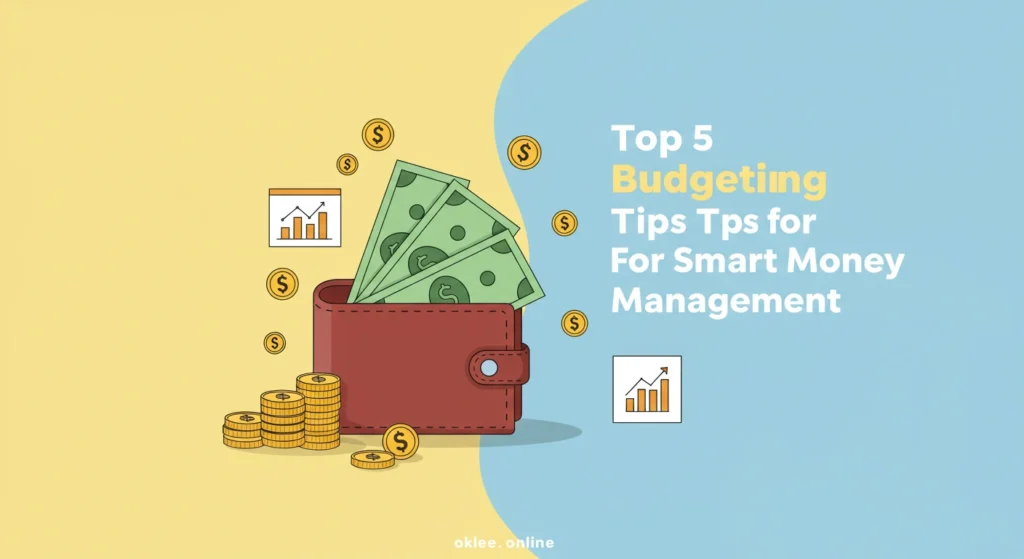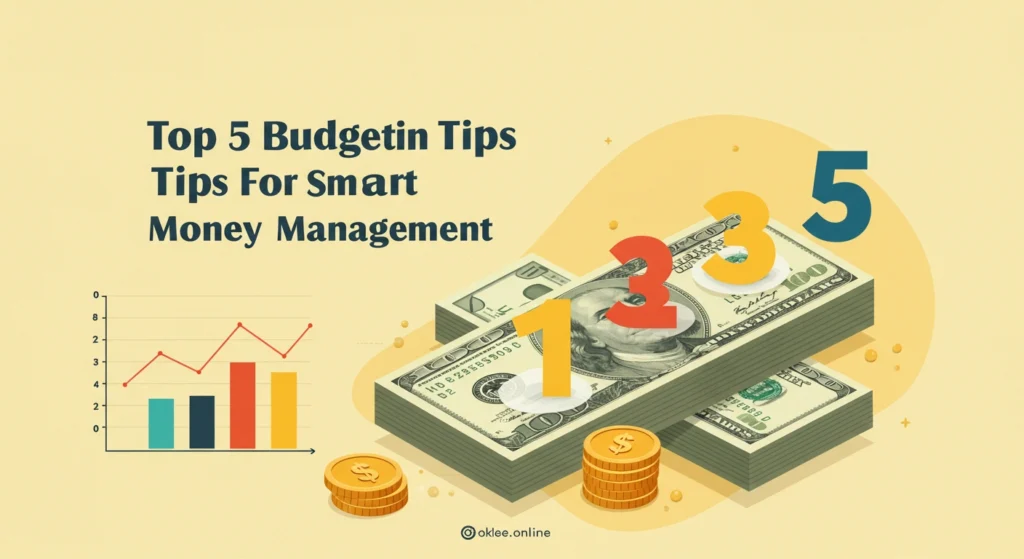In 2025, prices are higher, income feels stretched, and it’s easier than ever to spend without realizing it. That’s why budgeting isn’t optional—it’s a survival tool.
Whether you’re saving for a goal, trying to pay off debt, or just want to stop living paycheck to paycheck, these five budgeting tips can help you manage your money smarter.
Let’s keep it simple, realistic, and effective.
1. Know Exactly Where Your Money Goes
Most people think they know what they spend—until they actually check.
Start with a spending audit:
- Look at your last 30–60 days of bank and card transactions
- Sort expenses into clear categories: rent, food, subscriptions, shopping, etc.
- Add it up—then look at what surprised you
You’ll likely find “leaks” in places like:
- Food delivery
- Streaming services
- Unused subscriptions
- Daily small purchases (yes, that $4 coffee adds up)
Budgeting begins with awareness. You can’t control what you don’t track.
Keyword tie-in: budgeting, money management
2. Build a Budget That Actually Works
Forget strict spreadsheets you’ll never open. A good budget needs to be clear and flexible.
Try the 50/30/20 rule:
- 50% of income → needs (rent, groceries, utilities)
- 30% → wants (entertainment, shopping, hobbies)
- 20% → savings and debt payoff
If your income is tight, adjust it to something like 60/20/20. The goal is to be realistic, not perfect.
Use tools like:
- YNAB (You Need a Budget)
- Mint (free and easy)
- Notion or Google Sheets if you prefer custom setups
3. Automate Everything You Can
The less you rely on willpower, the better.
Set these on autopilot:
- Bill payments: Avoid late fees
- Transfers to savings: Move money right after payday
- Investment contributions: Even small amounts add up
- Credit card minimums: Protect your credit score
This helps you avoid “accidental spending” and makes saving feel effortless.
If you don’t see the money in your checking account, you won’t miss it.
4. Cut Costs Without Cutting Joy
You don’t have to cancel everything. You just have to spend smarter.
Small wins that add up:
- Cancel unused subscriptions
- Meal prep 2–3 days a week
- Use cashback apps and rewards cards
- Shop with a list (online and in-store)
- Set a weekly “no-spend” day
You don’t need to live like a monk—you just need to be intentional.
Budgeting isn’t about punishment. It’s about choosing what matters.
5. Review and Adjust Monthly
Life changes. Your budget should too.
Set a monthly money check-in:
- Review what worked
- Spot what went off track
- Adjust categories as needed
- Set 1–2 financial goals for the next month
Treat your budget like a living document. Not a fixed rulebook.
This simple routine keeps you aware and motivated—and helps you build better habits over time.
Keyword tie-in: personal finance, budgeting
Bonus Tip: Use “Fun Funds” and Micro-Savings
Staying motivated is easier when you reward yourself without guilt.
- Set up a “fun” category in your budget
- Save small amounts with round-up tools
- Celebrate small financial wins (like paying off a credit card)
You’re more likely to stick with your budget when it doesn’t feel like deprivation.

Final Thoughts
Budgeting isn’t about being perfect. It’s about being consistent.
If you:
- Track where your money goes
- Build a budget that fits your life
- Automate good habits
- Spend with intention
- And check in regularly…
You’ll start feeling less stressed and more in control—often in just a few weeks.
Want more simple financial tips like this?
Subscribe to oklee.online for honest advice on budgeting, saving, investing, and building real financial freedom—no jargon, no hype.



